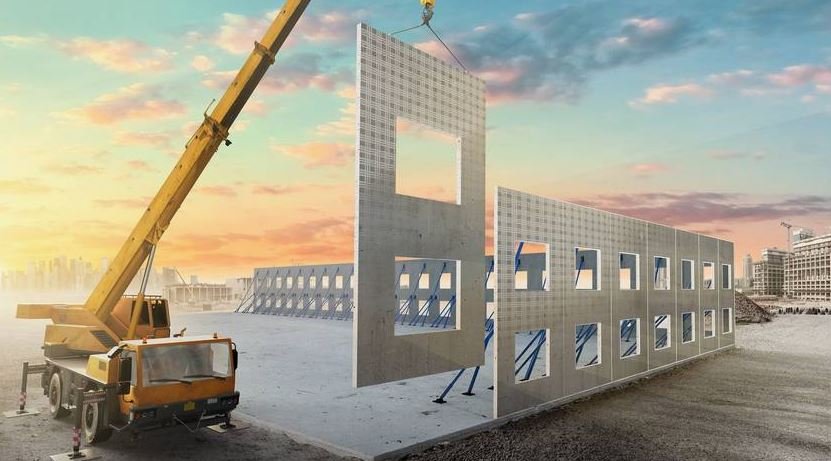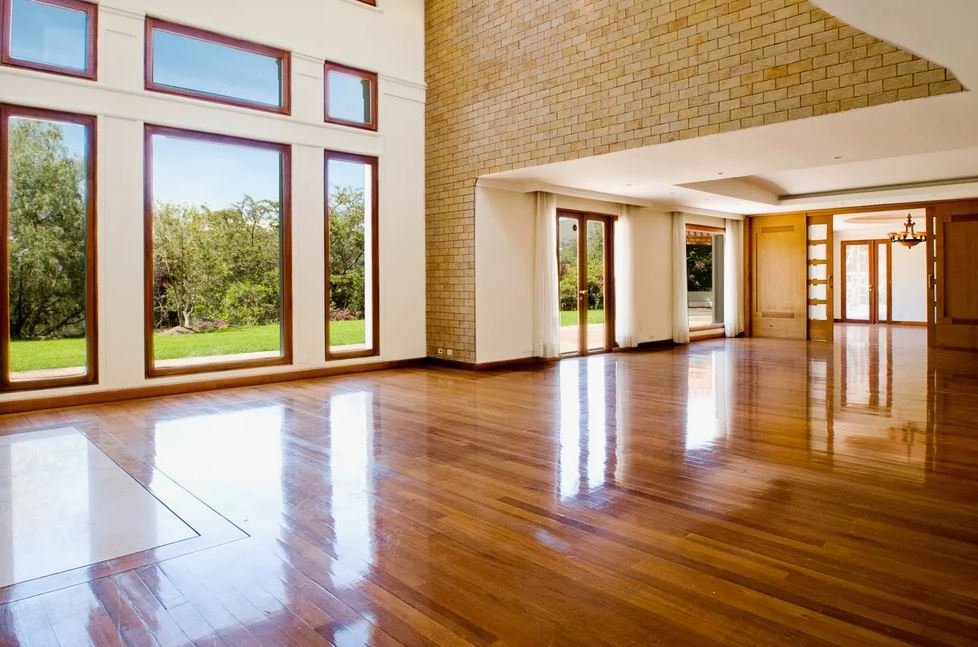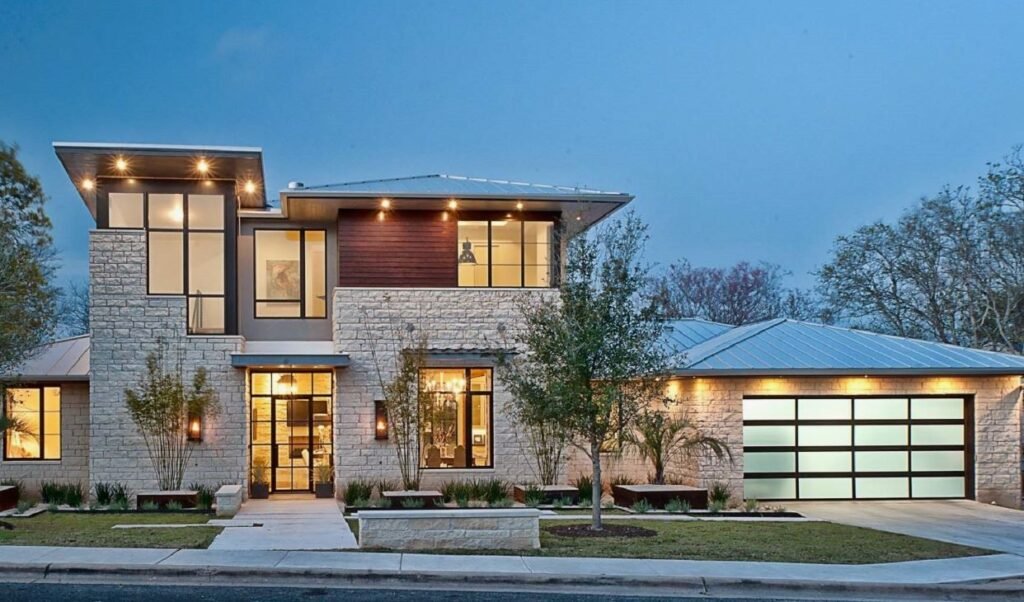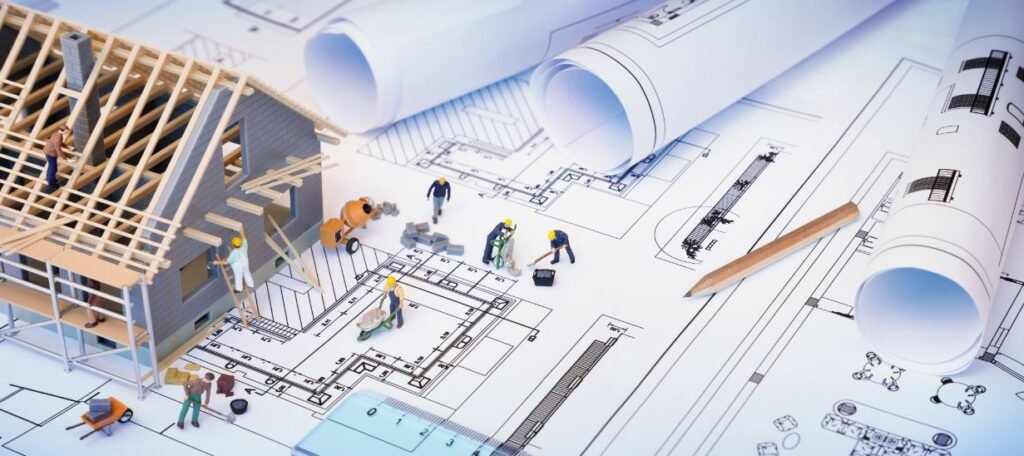The construction industry is set for transformative changes in 2025. From sustainable practices to advanced technologies, these trends will shape the future of construction. Staying informed about the latest construction industry trends will be crucial for businesses looking to stay competitive and innovative.
Why Staying Ahead of Construction Industry Trends is Critical
Understanding and adapting to construction industry trends is more important than ever. The global shift towards sustainability, efficiency, and technology-driven solutions is forcing construction firms to evolve quickly. Failing to keep up with these changes can result in higher operational costs, regulatory non-compliance, and lost business opportunities.
In 2025, these trends are not just optional strategies—they are a necessity for staying relevant in a highly competitive market. Whether it’s adapting to energy-efficient building codes, embracing cutting-edge technologies, or ensuring worker safety, being at the forefront of these trends will enable companies to deliver better projects and drive long-term success.
1. Sustainability and Green Building Practices in the Construction Industry
Sustainability is at the heart of 2025’s construction industry trends. Governments around the world are enforcing stricter environmental regulations, pushing companies to adopt more sustainable building practices. This includes using renewable materials, improving energy efficiency in buildings, and reducing waste through circular construction methods.
Green building certifications, like LEED (Leadership in Energy and Environmental Design), are becoming a necessity for construction projects. Beyond environmental benefits, sustainable practices also reduce operating costs in the long term. For example, energy-efficient buildings consume less energy, leading to lower utility bills for owners.
The trend toward sustainable construction is not just limited to materials. Smart technologies that monitor and optimize energy usage are becoming integral parts of building design. This trend will continue to grow as sustainability becomes a core demand from both clients and regulators.

2. The Growth of Prefabrication and Modular Construction
Among the top construction industry trends is the rise of prefabrication and modular construction. These methods are changing the way buildings are designed and constructed by allowing off-site production of building components. This means that large portions of a building can be manufactured in a controlled environment and then assembled on-site.
One of the primary advantages of this trend is speed. Modular construction projects can be completed up to 50% faster than traditional construction methods. This reduction in time also means lower labor costs and less disruption on job sites. Additionally, because the materials are constructed off-site, there is less waste and a higher level of quality control.
Modular construction is expected to become even more popular in 2025, especially for large-scale projects like housing developments, commercial buildings, and educational institutions. The flexibility it offers, combined with reduced costs, makes it a go-to solution for both developers and contractors.

3. Advanced Construction Technologies: AI, Drones, and 3D Printing
The integration of AI, drones, and 3D printing is among the most revolutionary construction industry trends in 2025. These technologies promise to improve accuracy, reduce costs, and streamline project timelines.
Artificial Intelligence (AI)
AI is being used to improve everything from project management to cost estimation. Predictive AI algorithms can identify potential delays and cost overruns, allowing construction managers to take proactive steps to avoid issues before they arise. AI-powered systems can also optimize construction schedules and improve resource allocation, leading to more efficient operations.
Drones
Drones are transforming how construction sites are monitored and managed. With the ability to capture real-time aerial footage, drones help track project progress, identify potential hazards, and improve overall safety. In 2025, expect to see drones used more frequently for site surveys, material delivery, and safety inspections.
3D Printing
3D printing is making waves in the industry by allowing for the creation of custom building components at a fraction of the cost and time required by traditional methods. In some cases, entire structures can be 3D-printed, offering incredible flexibility in design and material usage.

4. Worker Safety: A Core Focus in Construction Industry Trends
Worker safety has always been a priority, but in 2025, there will be an even greater focus on enhancing the well-being of construction workers. One of the most impactful construction industry trends is the integration of wearable technologies, such as smart helmets and vests equipped with sensors that monitor workers’ health and alert them to potential dangers in real time.
Additionally, mental health and worker well-being are becoming central to safety discussions. Companies are introducing wellness programs, training sessions, and mental health support to ensure their workforce remains healthy and productive.
5. Building Information Modeling (BIM) and Digital Twins: Leading the Way in Construction Industry Trends
Building Information Modeling (BIM) and digital twin technologies are key construction industry trends that will continue to gain traction in 2025. BIM allows for real-time collaboration between architects, engineers, and contractors, ensuring all project stakeholders are working with the most up-to-date data.
Digital twins, which are virtual replicas of physical buildings, offer real-time insights into the performance of a building during and after construction. This technology helps in identifying potential issues before they arise, making construction projects more efficient and cost-effective.
6. Smart Cities and Infrastructure Projects
Smart cities are emerging as a major trend in urban development. In 2025, the construction of smart infrastructure will focus on creating more connected, sustainable, and efficient urban environments. These cities integrate technologies such as the Internet of Things (IoT), renewable energy systems, and autonomous transportation, improving the quality of life for their residents.
Public-private partnerships will be essential to fund and build these smart cities. Governments and private entities will work together to implement cutting-edge infrastructure projects that prioritize sustainability and energy efficiency.

When to Call a Professional for Guidance on Construction Industry Trends
Navigating the latest construction industry trends can be challenging without the right expertise. Whether it’s implementing green building practices, modular construction, or advanced technologies like BIM, calling in professionals will ensure your project meets the latest standards and achieves the desired results.
- Sustainable Construction: Work with sustainability experts who understand green certifications and can help you comply with environmental regulations.
- Modular Construction: Partner with modular construction professionals to ensure your project is completed efficiently, with the highest quality standards.
- Advanced Technologies: AI, drones, and 3D printing require expertise. Seek professionals experienced in these areas to maximize their benefits on your project.
- Worker Safety: Engage with safety consultants who can introduce wearable technology and provide the necessary training for new safety protocols.
- BIM and Digital Twins: If you’re looking to implement BIM or digital twin technology, hire specialists who can guide your team through the complex setup and usage of these tools.
Preparing for the Future of Construction in 2025
As we move closer to 2025, the construction industry will continue to evolve. Whether it’s the rise of sustainable building practices, the adoption of advanced technologies, or the focus on worker safety, staying ahead of these construction industry trends will be key to success.
For construction companies, understanding and implementing these trends will help them remain competitive and deliver innovative, sustainable projects. By staying informed and seeking professional help when needed, the industry will be well-prepared to face the challenges and opportunities of 2025 and beyond.





